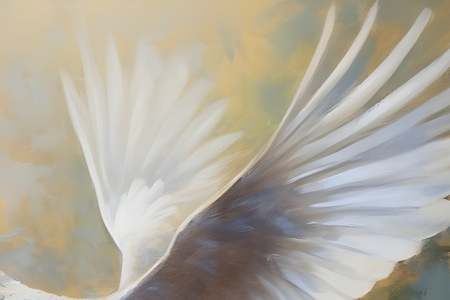What Does It Mean to Partake of the Divine Nature?
Originally, humanity was created perfect by God. People possessed a perfect human nature by which they could think and reason about themselves and creation. Unlike animals, people possessed the ability to know God, communicate with Him, and rule over all His perfect creation (Gen. 1:26–27; 2:7).
God gave Adam and Eve a simple test, permitting them to eat of any tree within creation except the tree of the knowledge of good and evil. Disobedience would bring them spiritual and physical death (2:17).
The serpent, controlled by Satan, tempted Eve to sin by questioning what God had said to her and then lying that she would “not surely die” by eating from the forbidden tree (3:4). Eve succumbed to the temptation; ate the fruit; and gave it to Adam, who also willingly ate (v. 6). As a result, all mankind inherited Adam’s sin nature, resulting in separation from God and condemnation to spiritual and physical death (cf. Rom. 5:12–14).
Knowing that Adam and Eve would sin, God, in eternity past, had already prepared for humanity’s redemption. God would destroy Satan through the Seed of the woman (Gen. 3:15; cf. Heb. 2:14–15), God’s incarnate Son, Jesus Christ (Jn. 3:16; Gal. 4:4–5).
All who trust Christ for salvation are born again and become new creations in Christ (2 Cor. 5:17). They are indwelt with a new nature and the Holy Spirit, who empowers them to live lives of righteousness and godliness. Nothing can separate believers from God’s sovereign security of life in Christ (Jn. 10:27–30; Rom. 8:31–39).
So, what does it mean to be “partakers [sharers or partners] of the divine nature” (2 Pet. 1:4)? It does not mean Christians cease to be human or possess a divine nature equal to the triune God. It means believers share in a new relationship with Christ, enabling a deep, intimate, spiritual fellowship and communion with Him. They are granted all the awesome promises of eternal life.
Symbolically, believers are crucified with Christ (Gal. 2:20) and participate spiritually in His victory over sin and death (Rom. 6:1–6). They possess a new spiritual life bestowed by Christ through the Holy Spirit.
At the Rapture of the church, Christians will receive glorified bodies prepared for eternity (1 Th. 4:13–18). After this life, believers have a heavenly inheritance “incorruptible and undefiled,” one “that does not fade away, reserved in heaven” (1 Pet. 1:4). Hallelujah!








